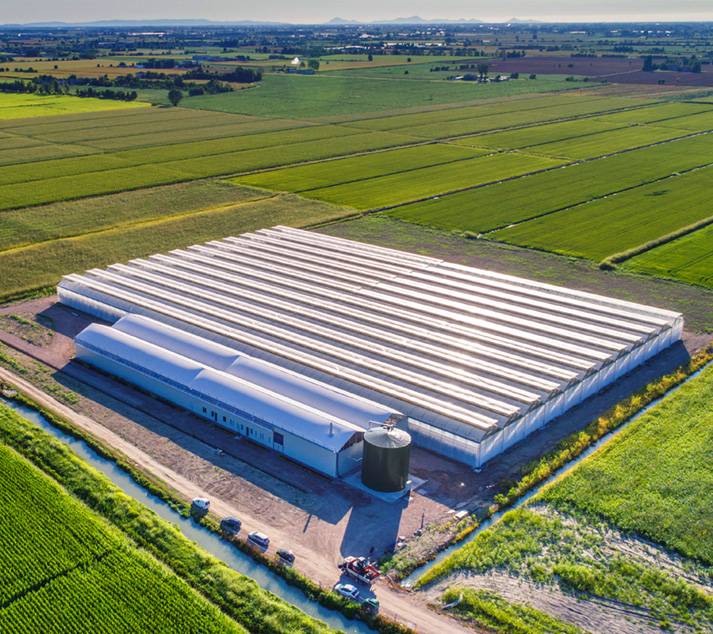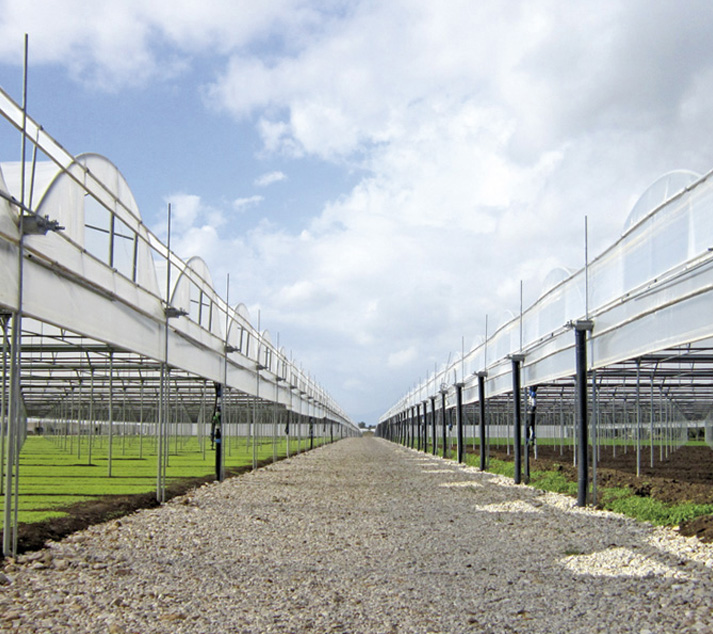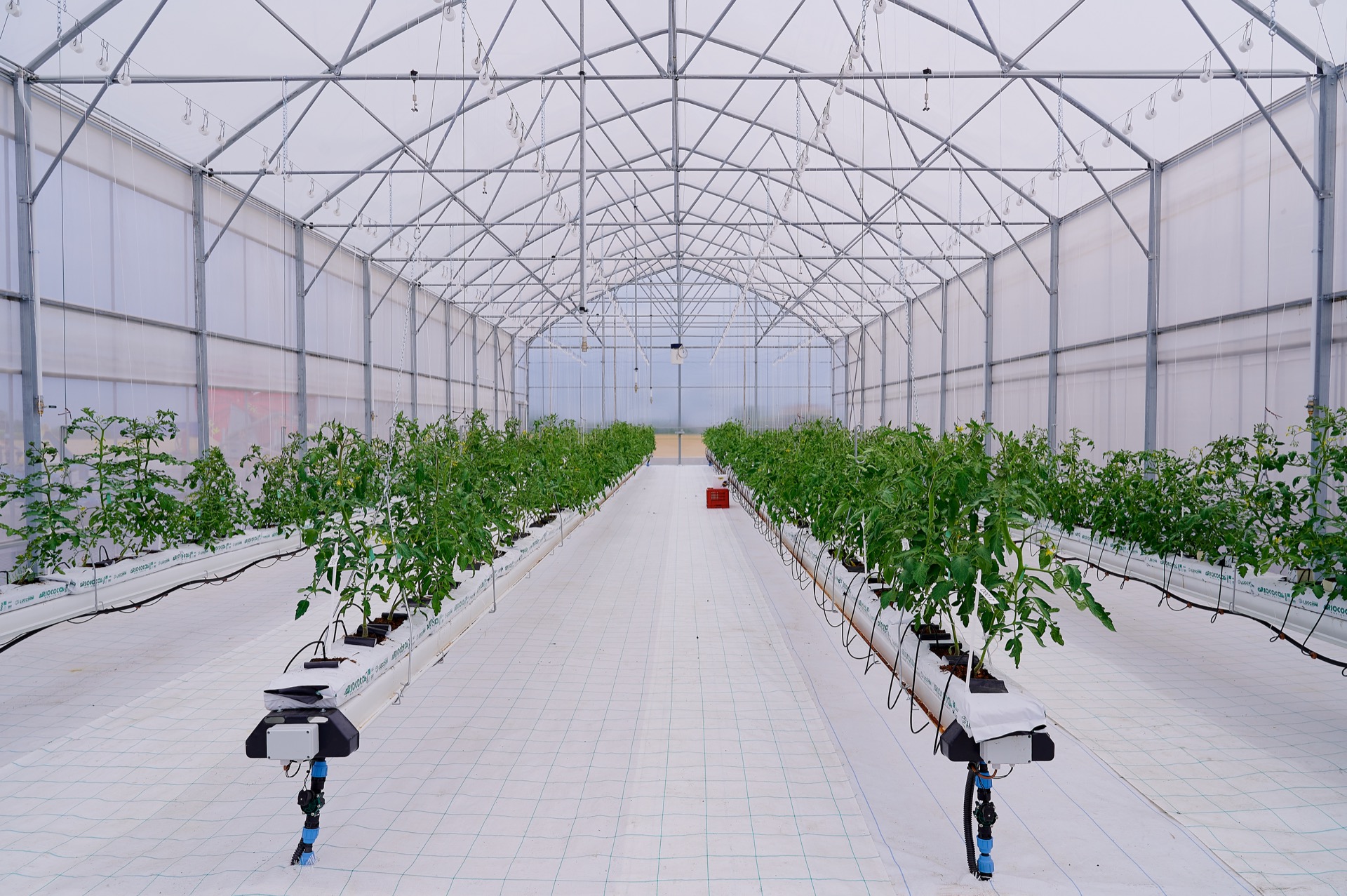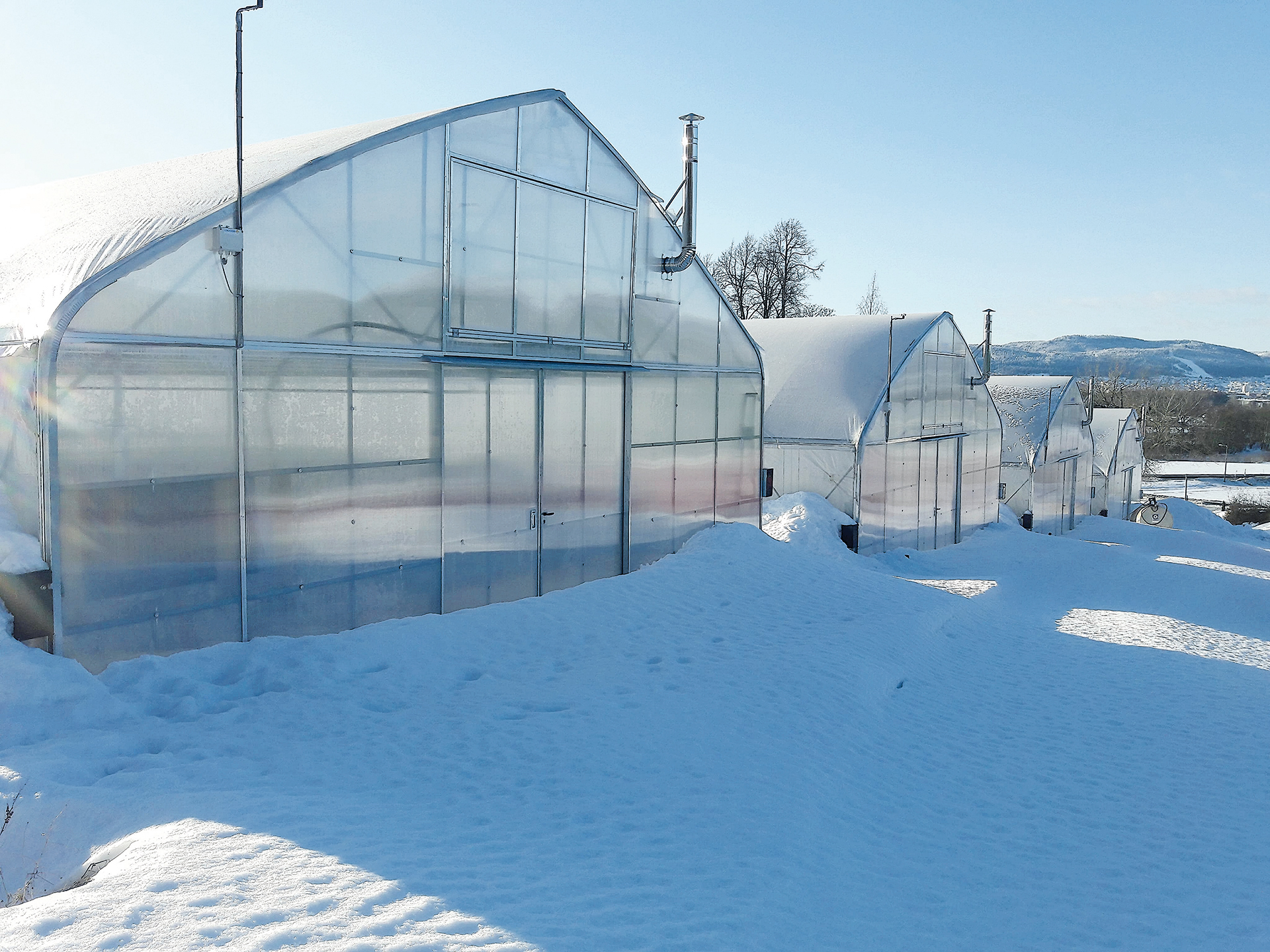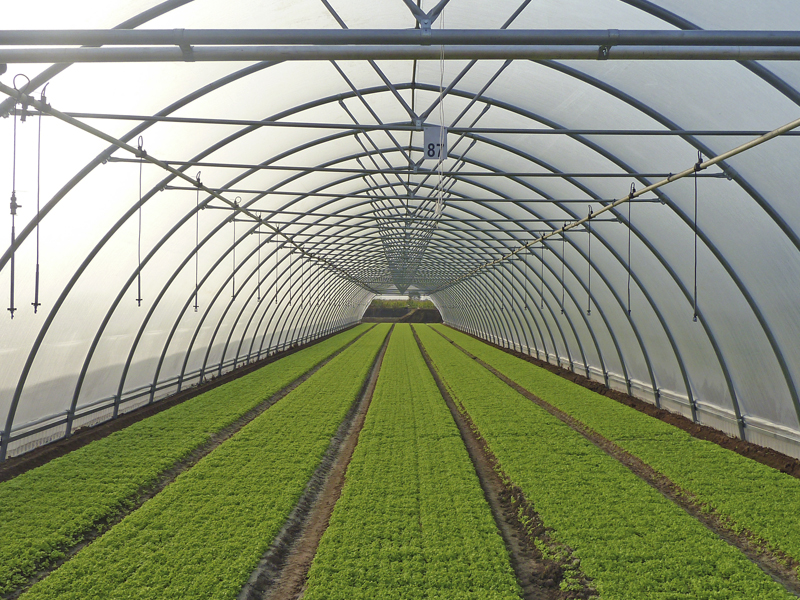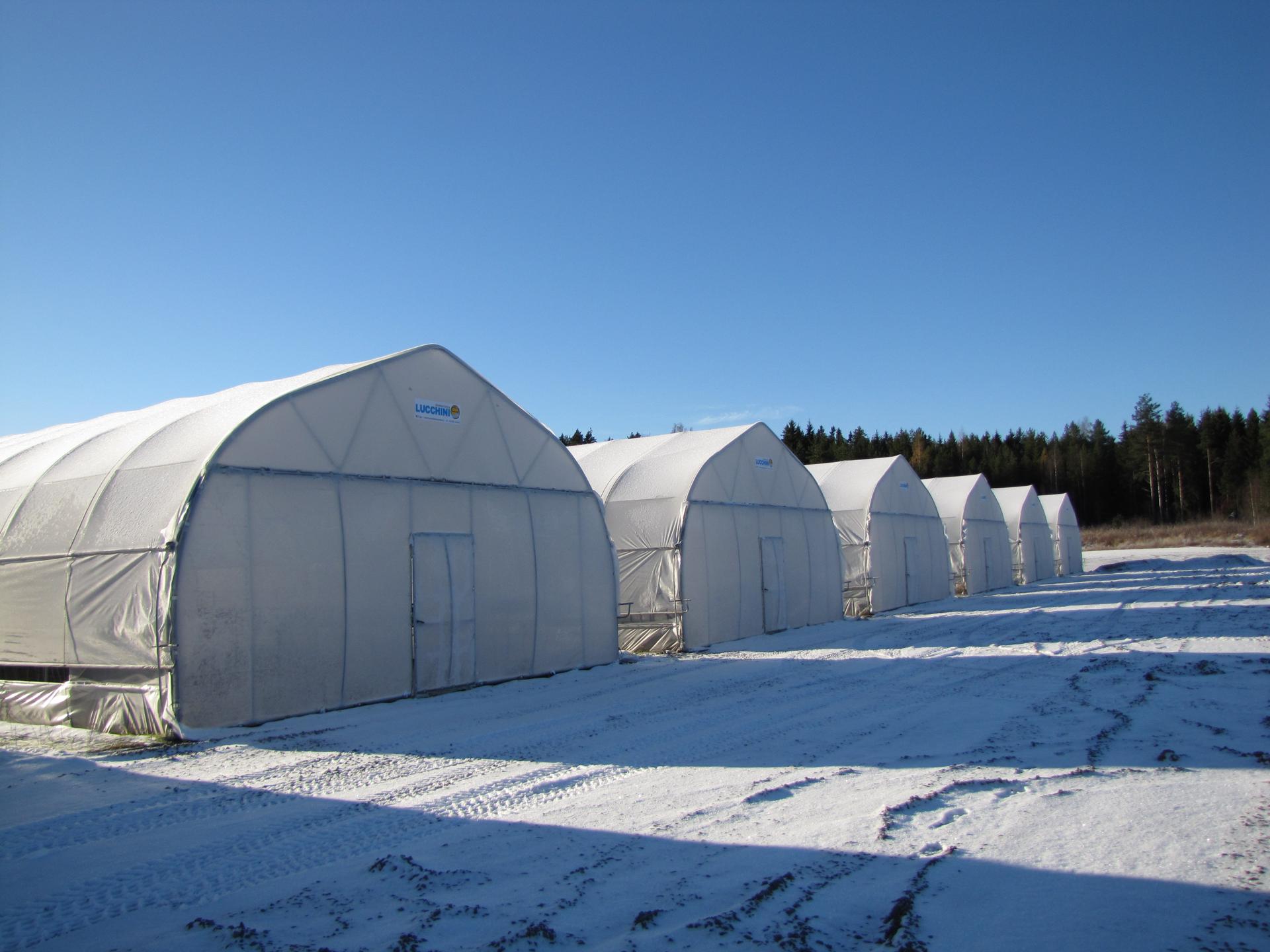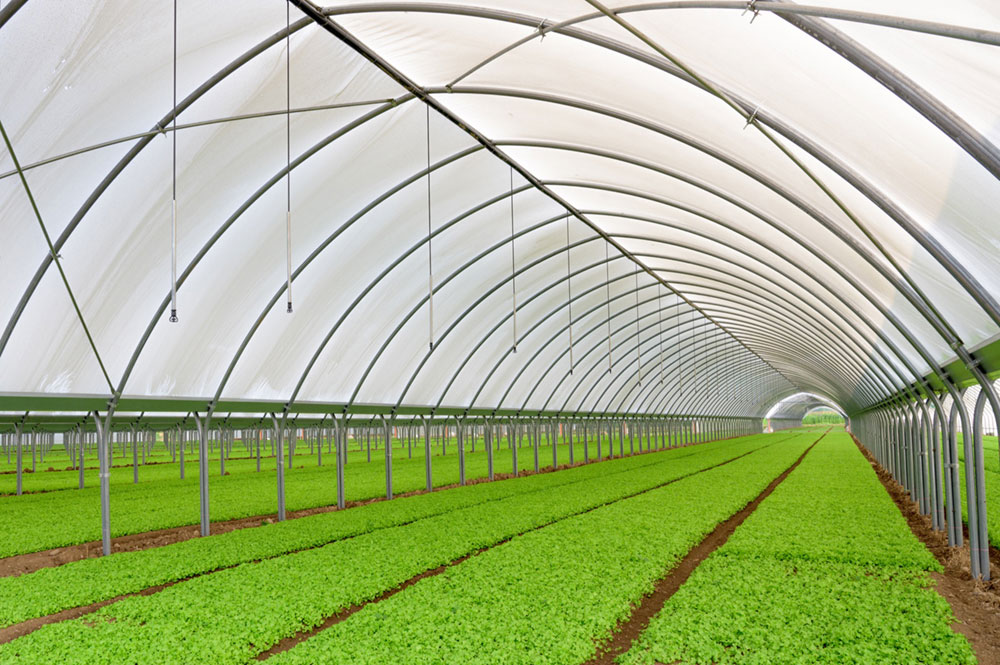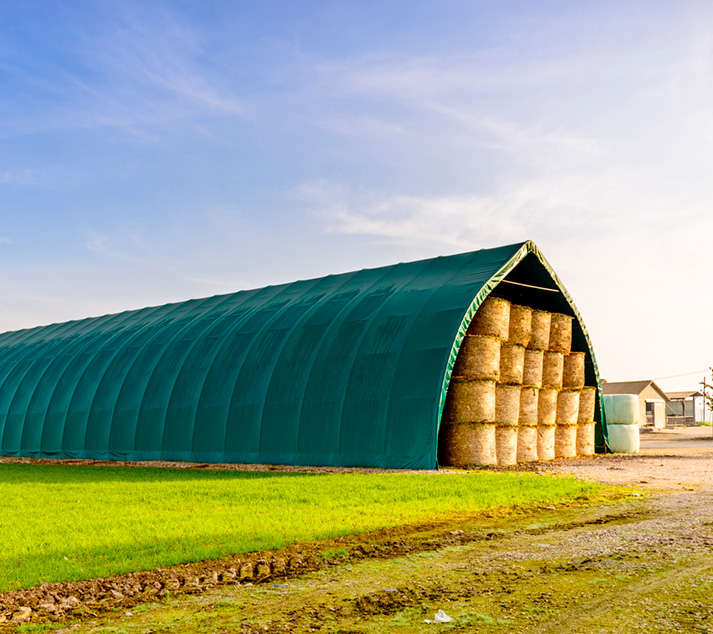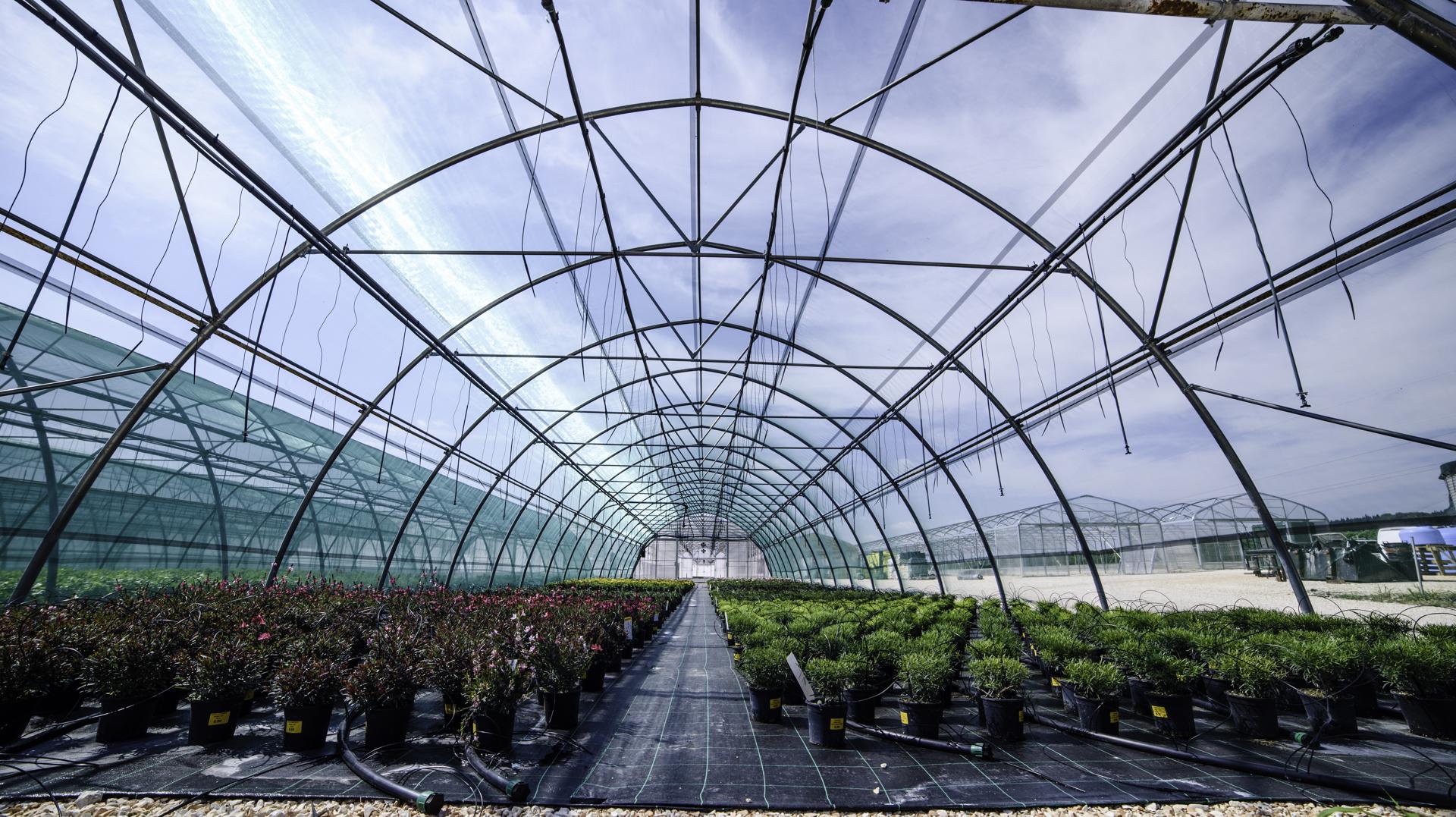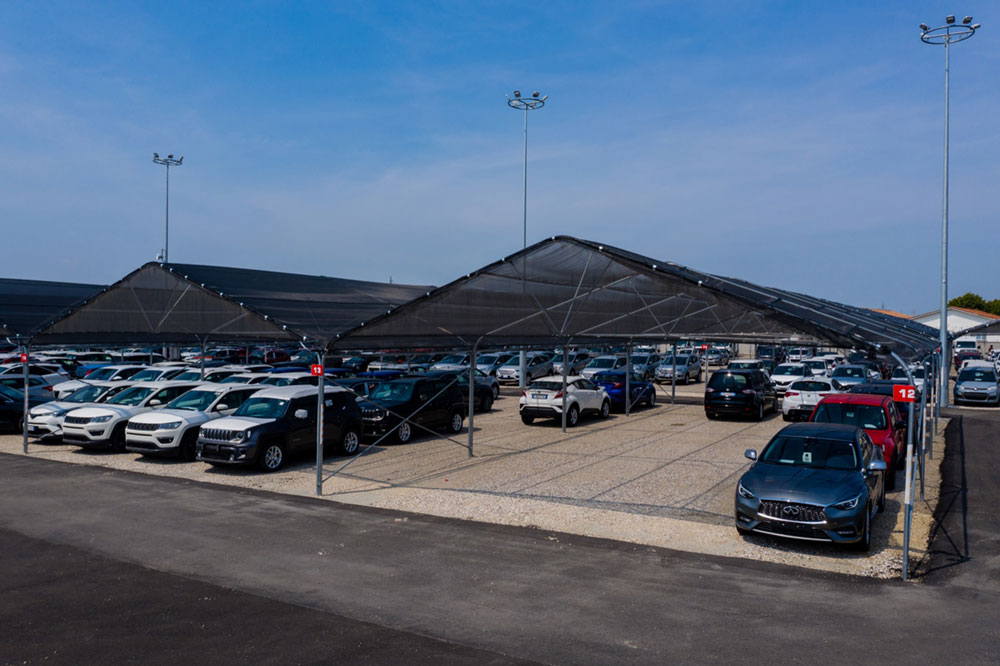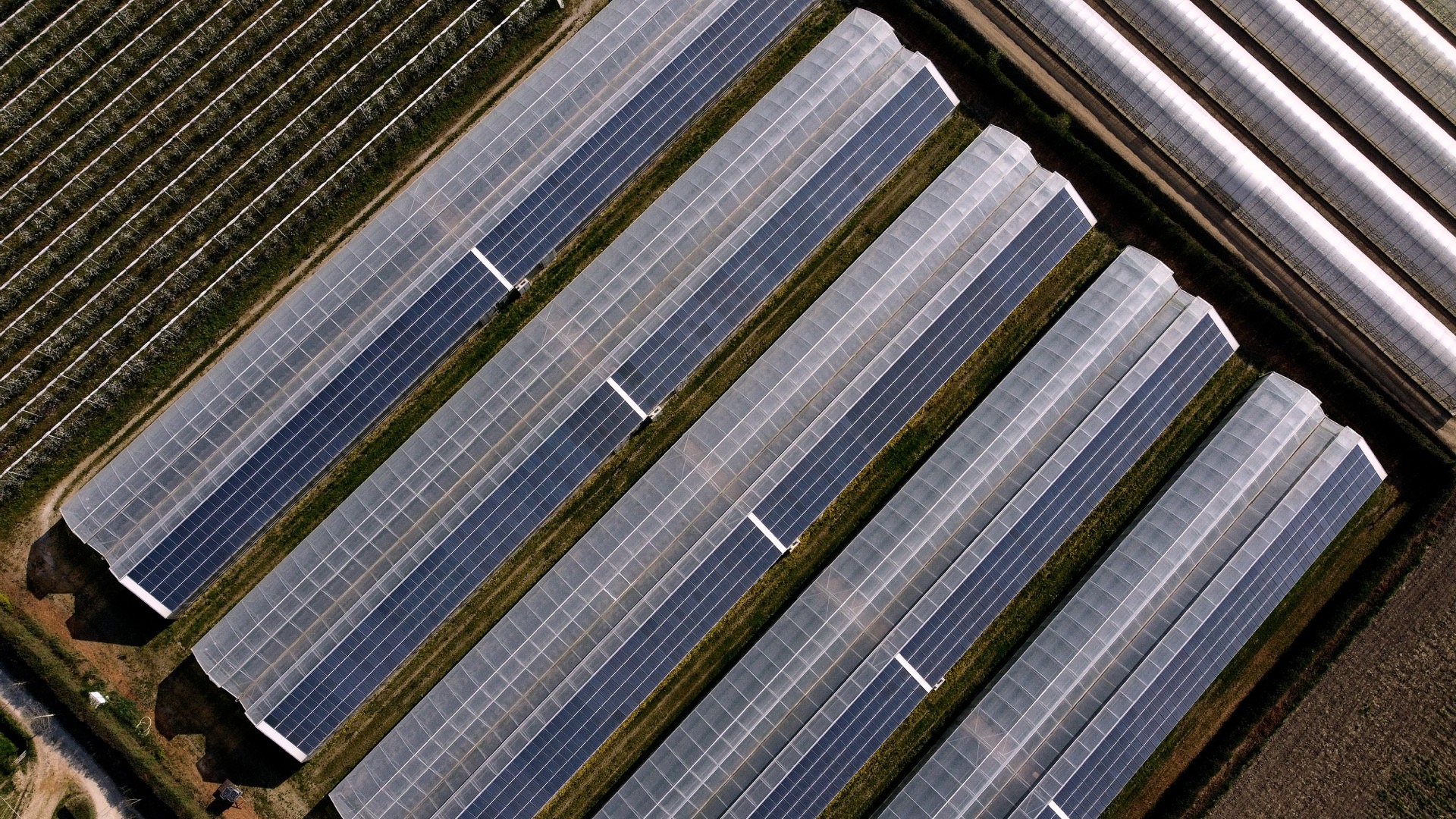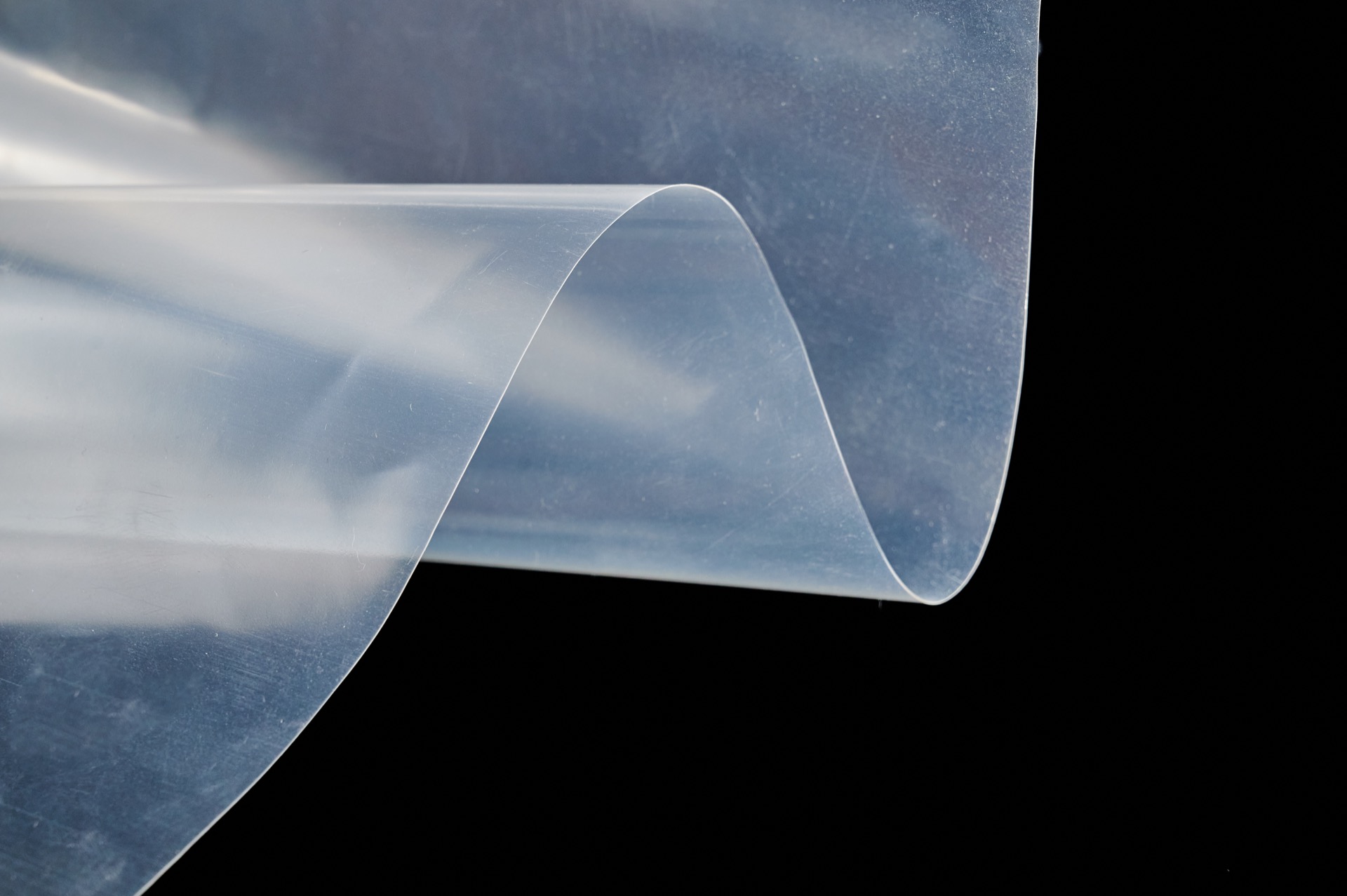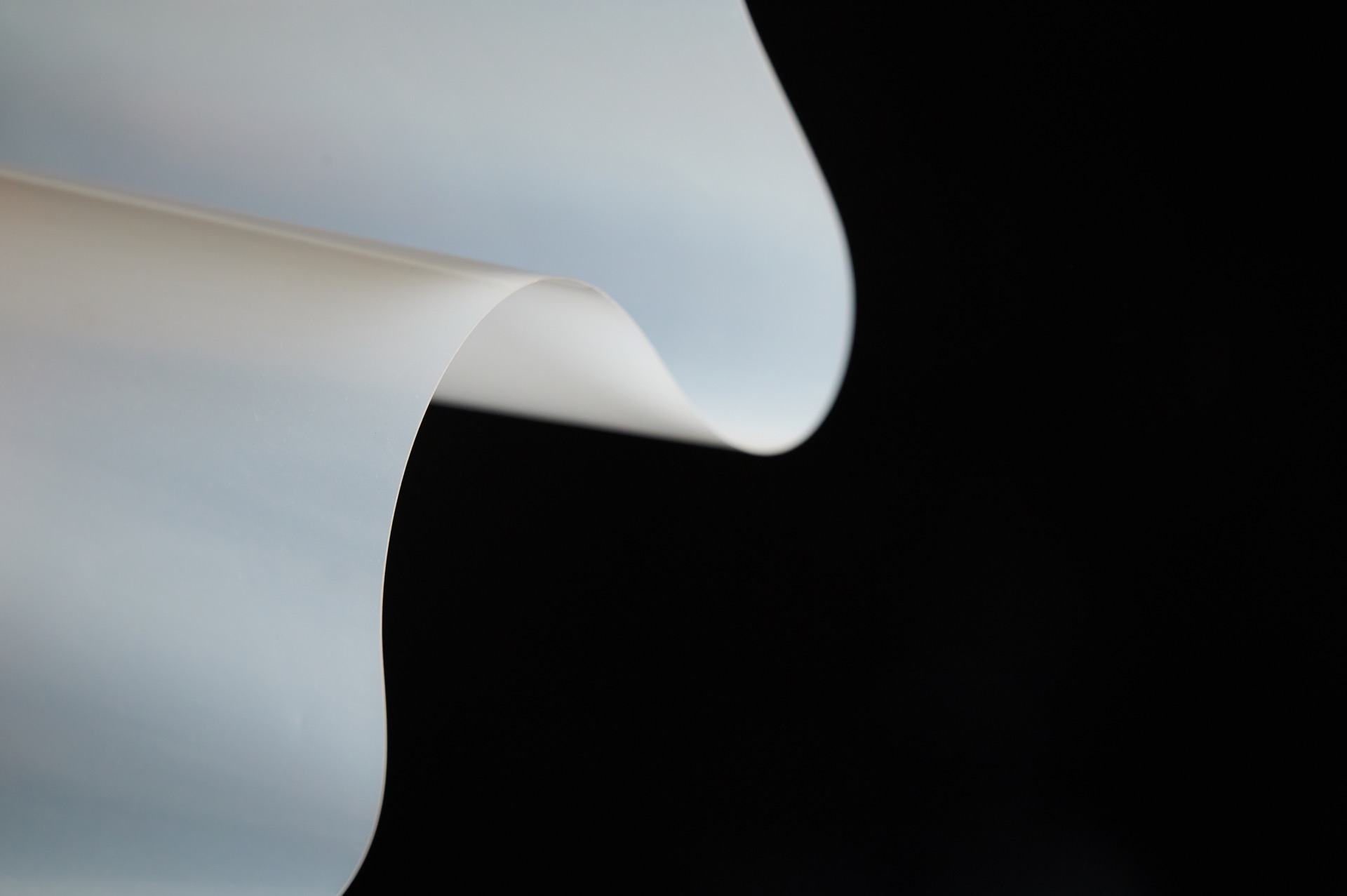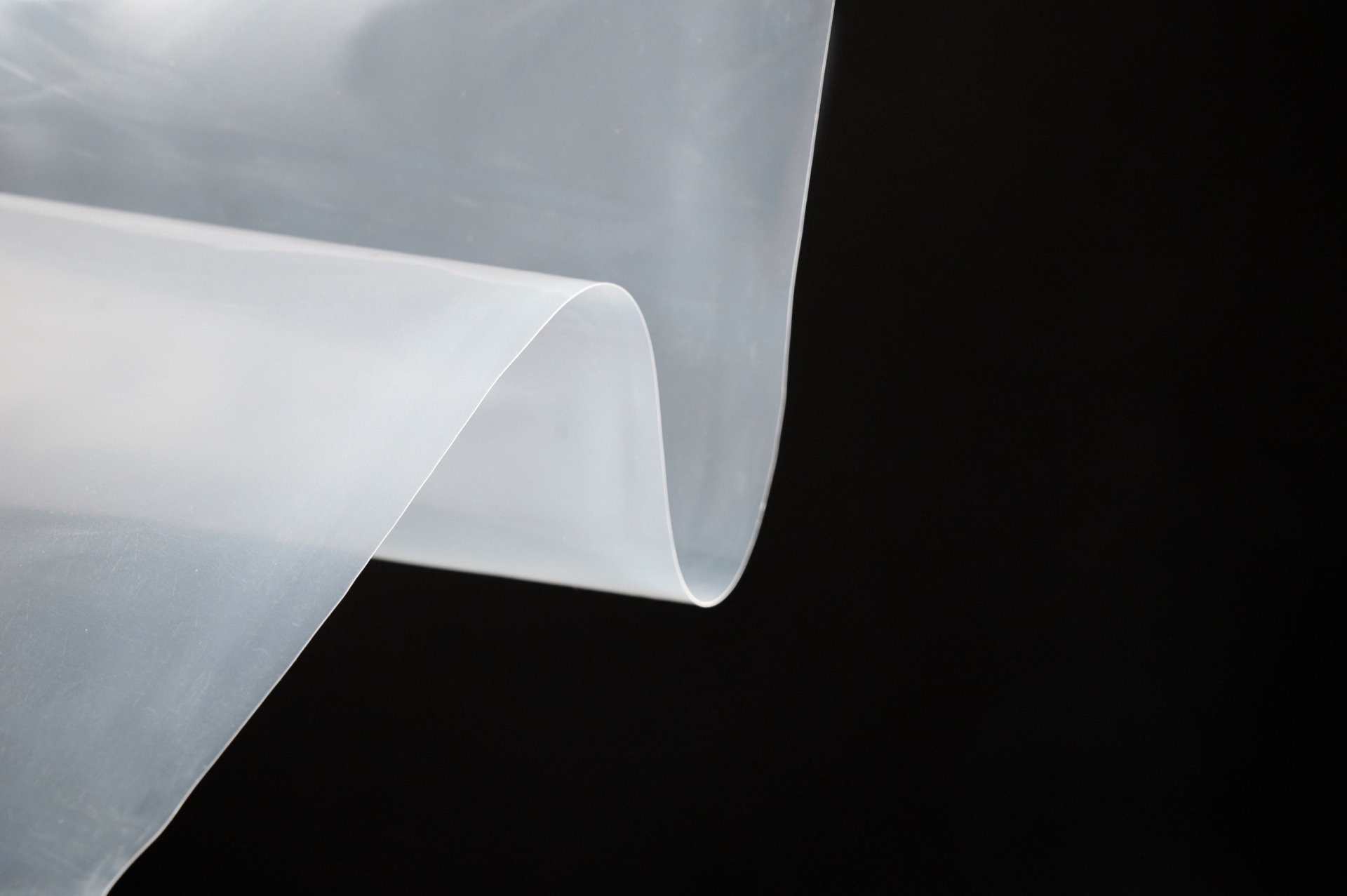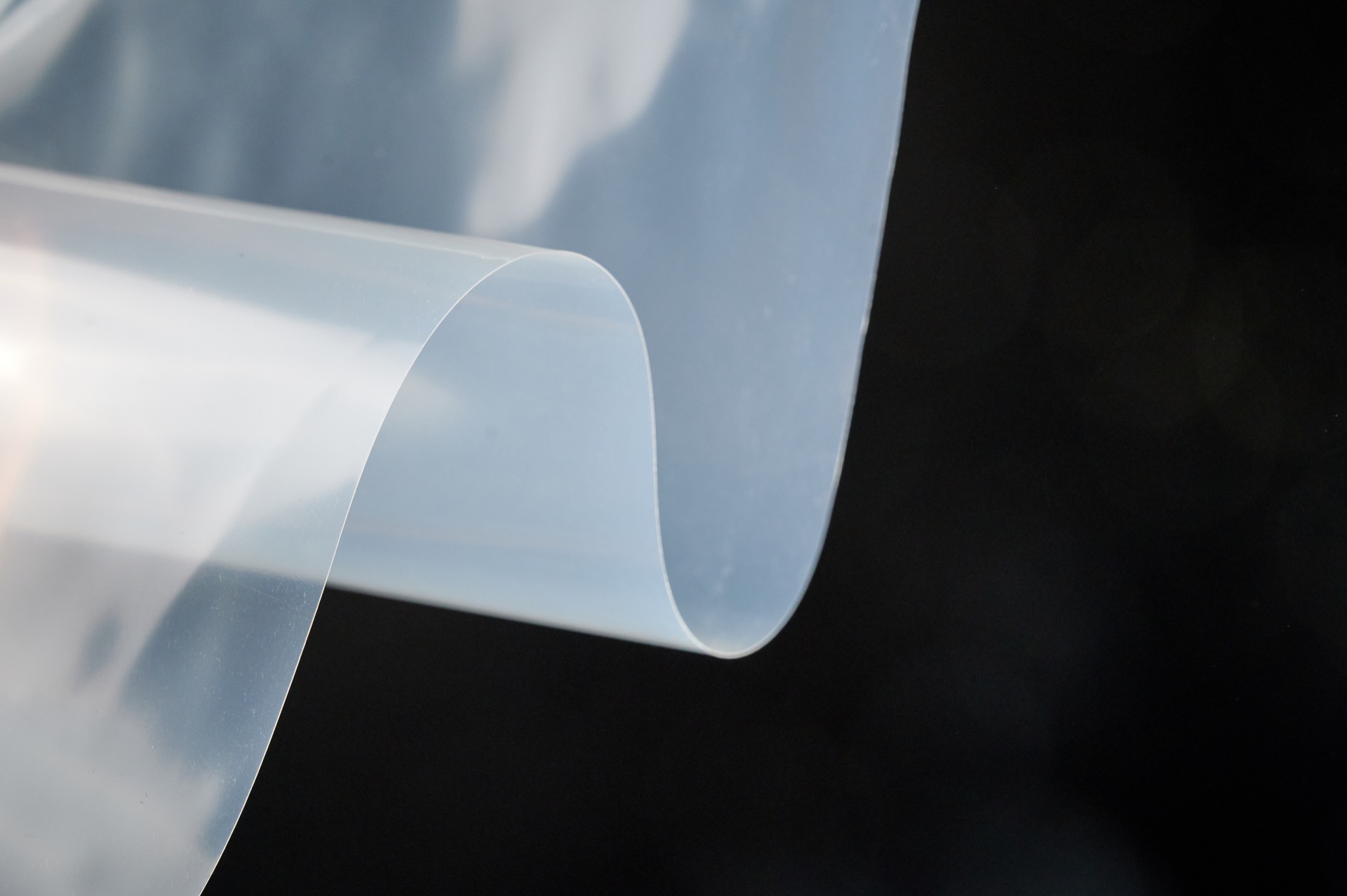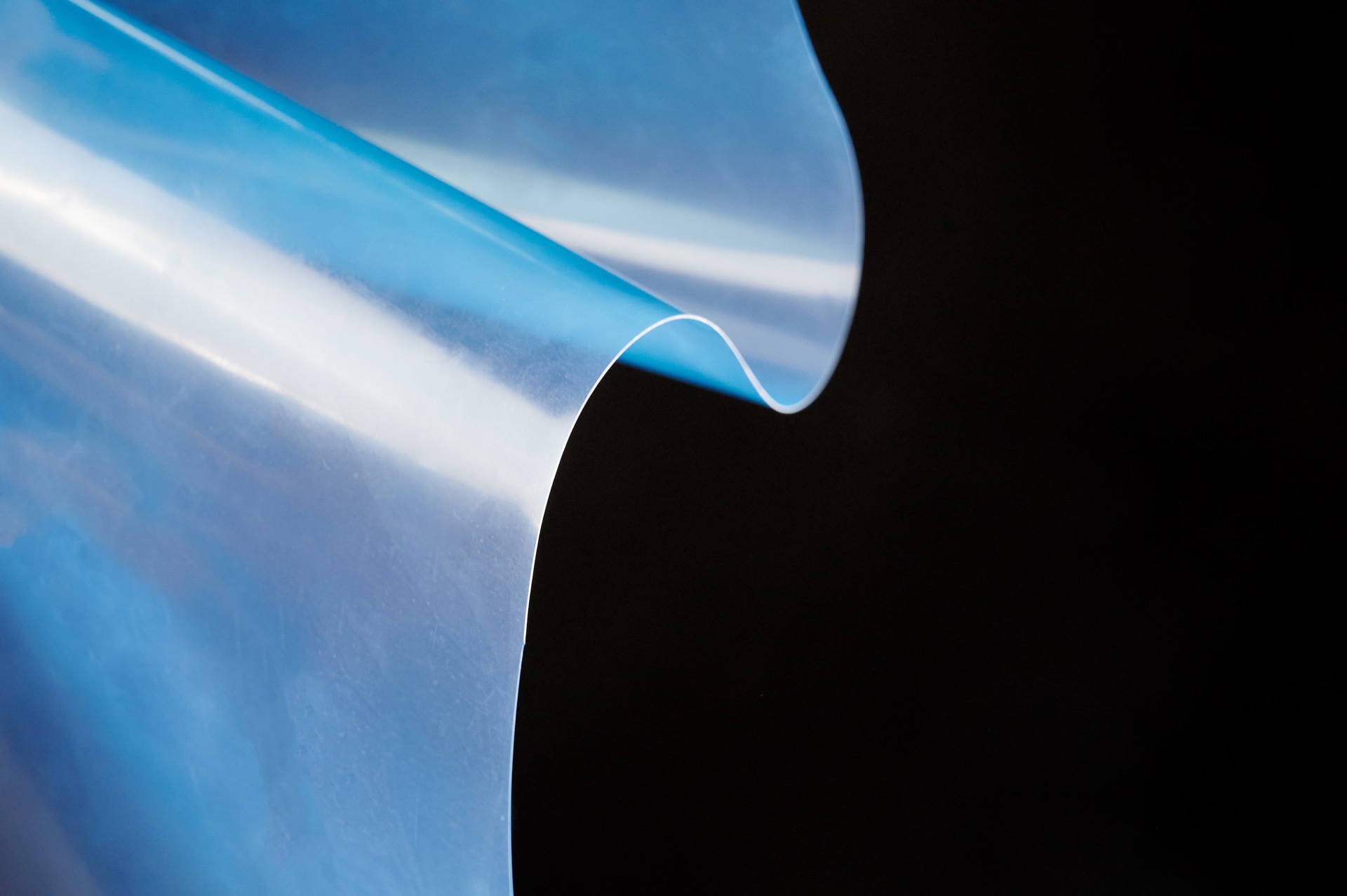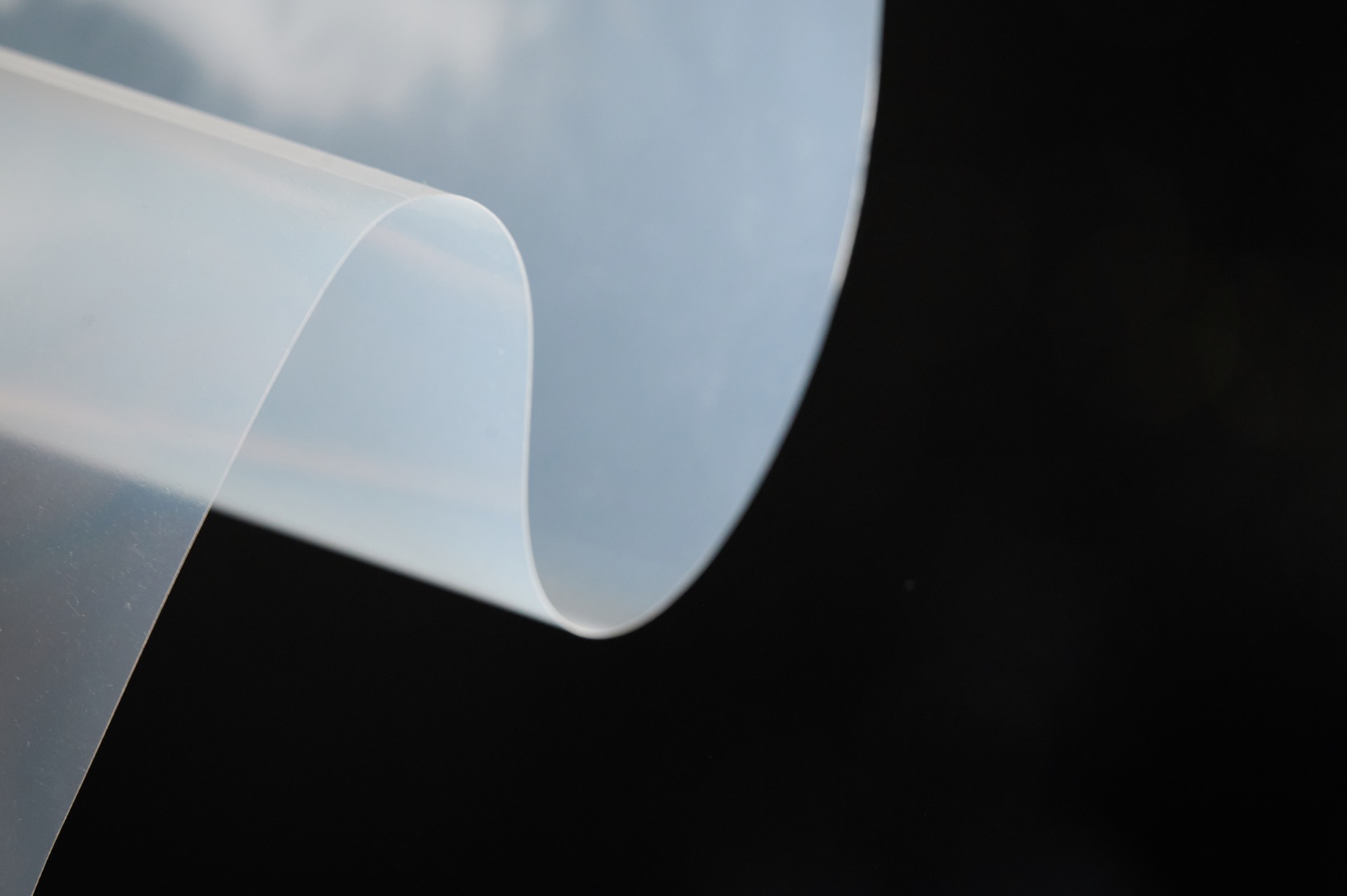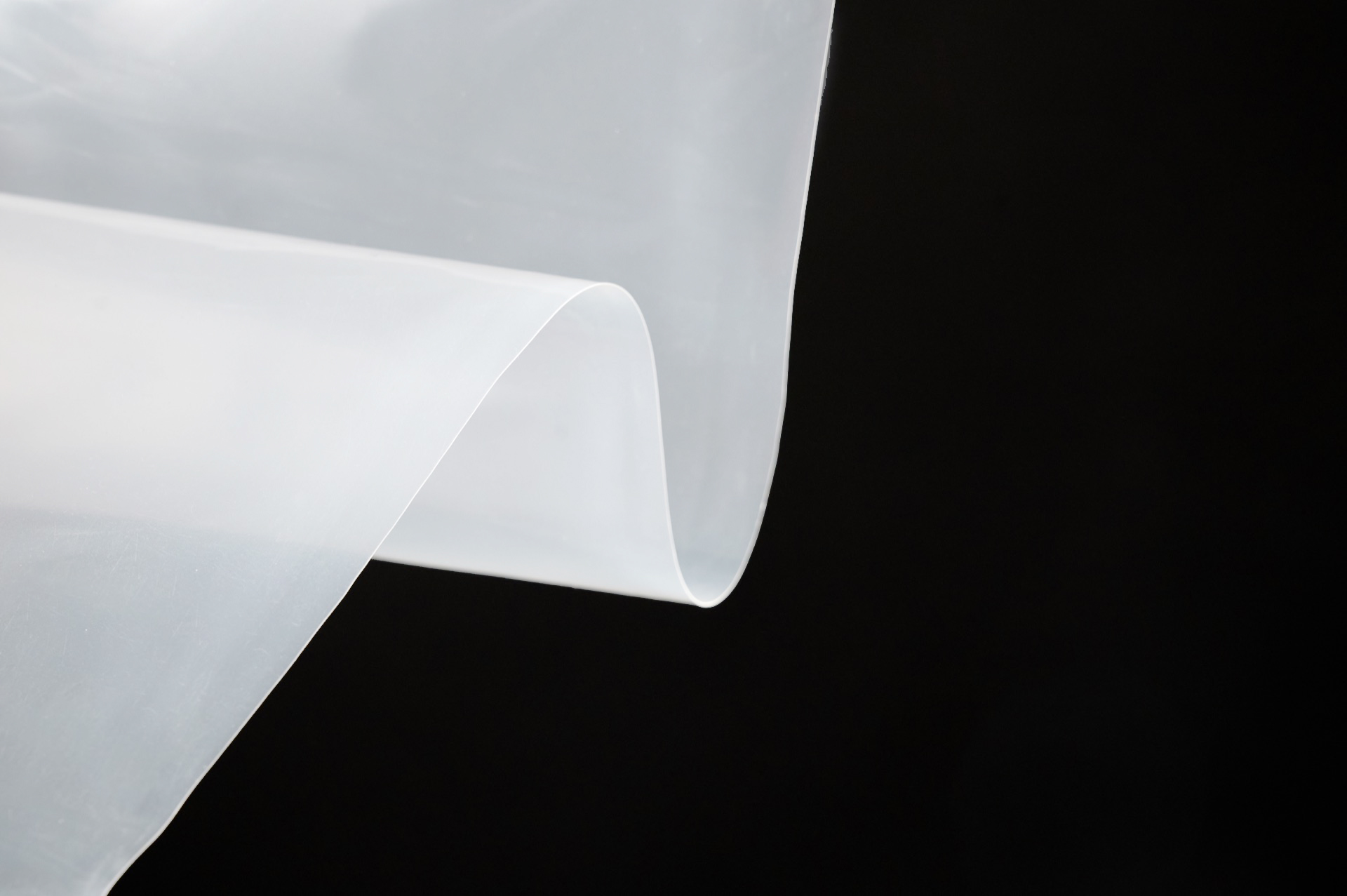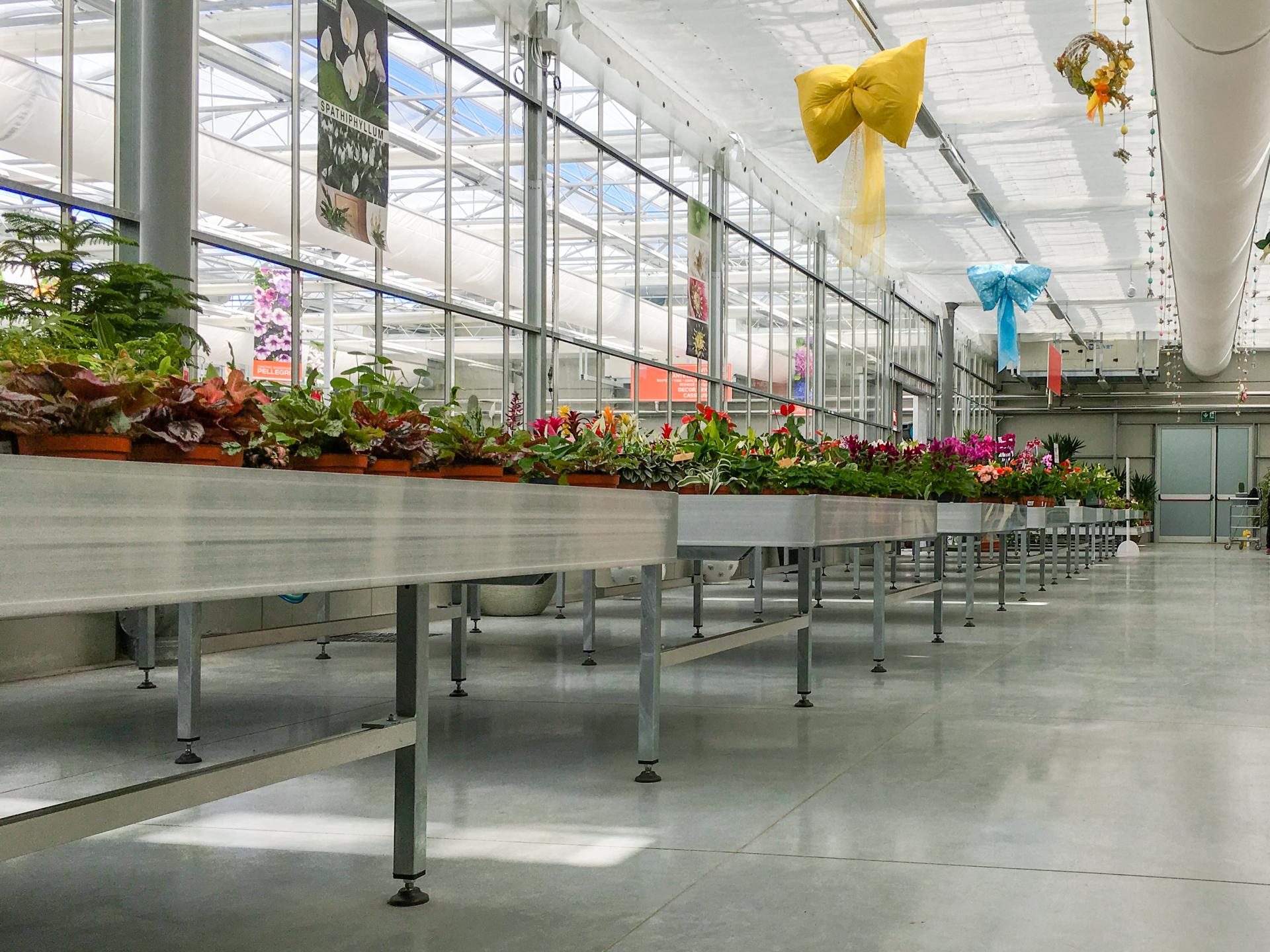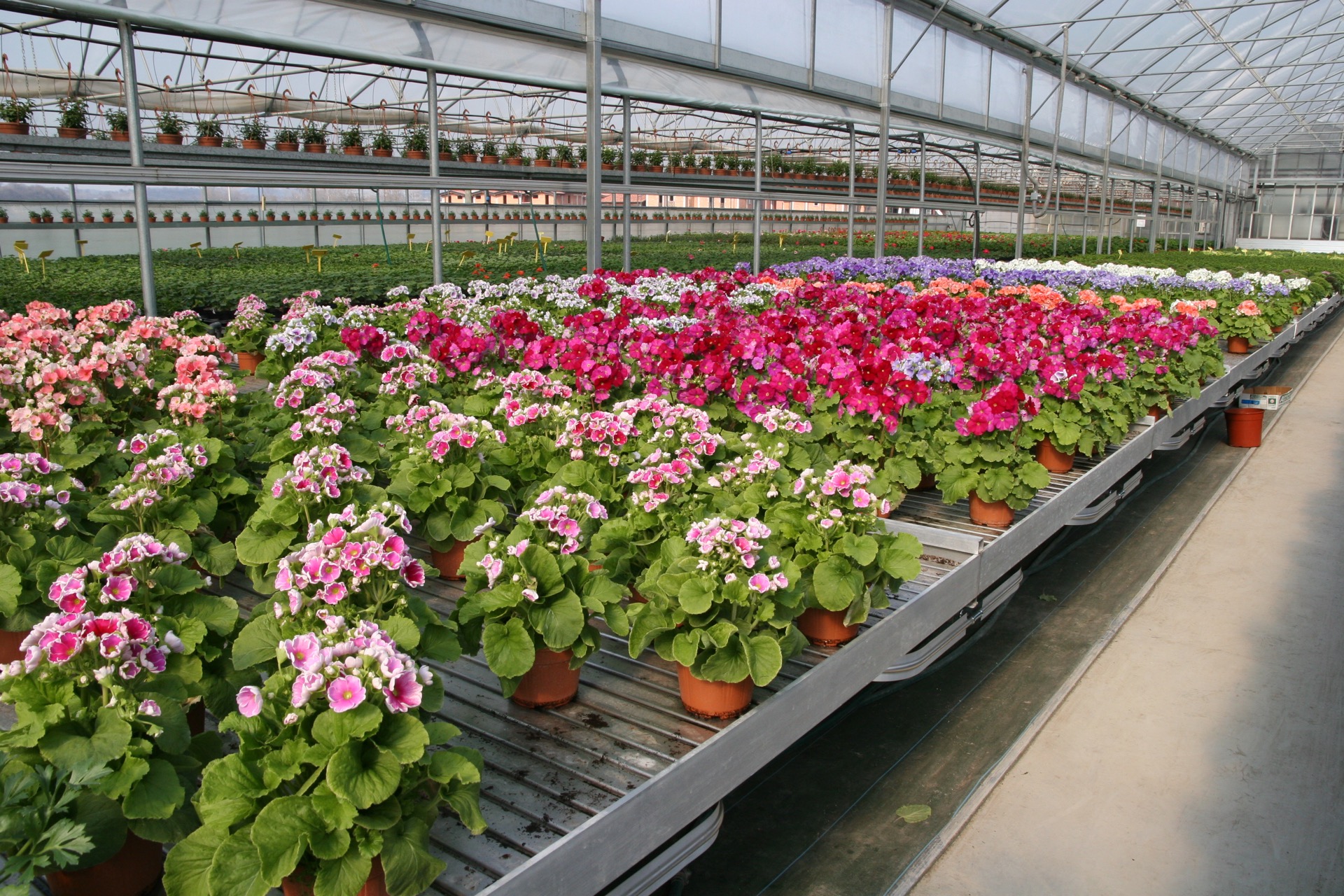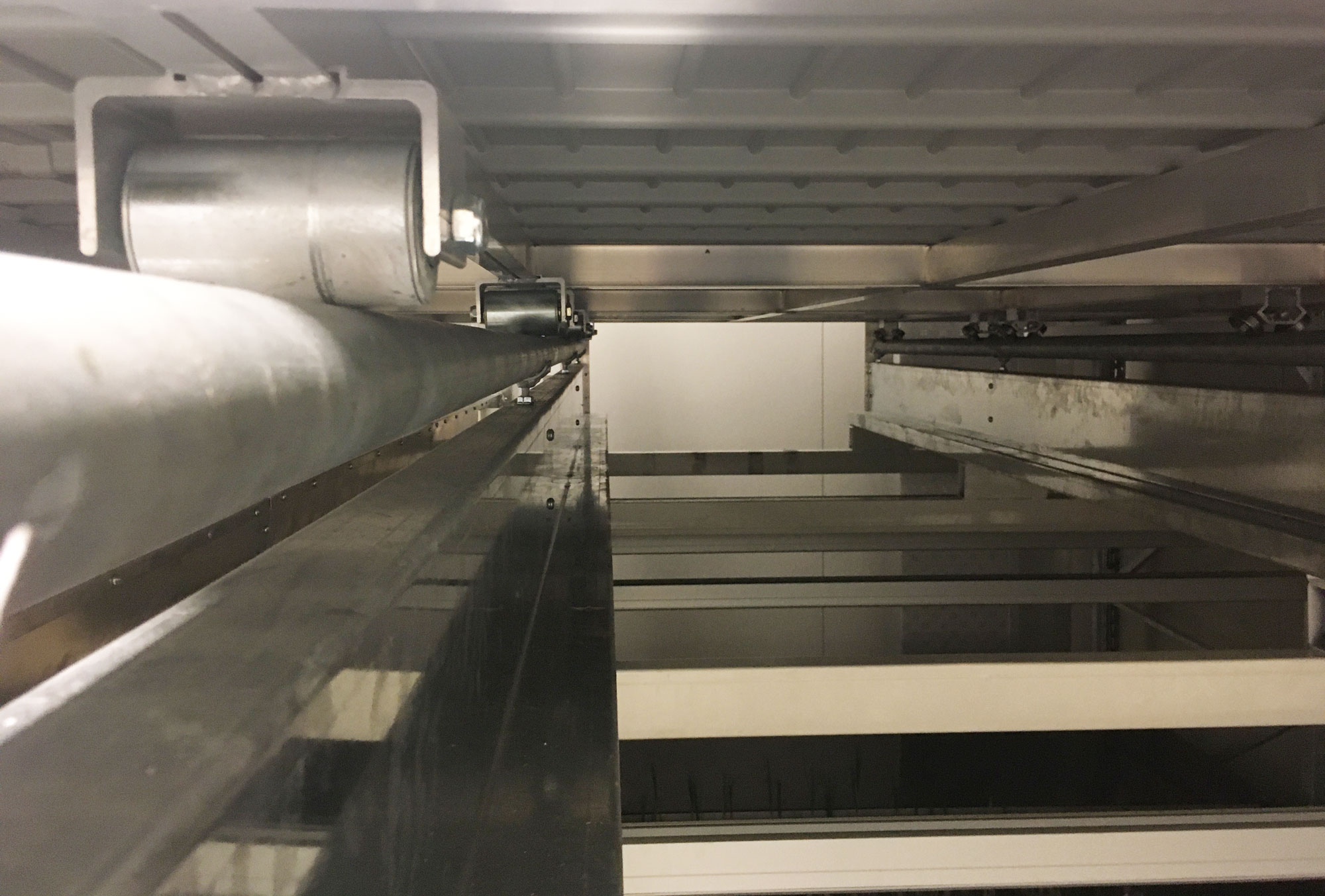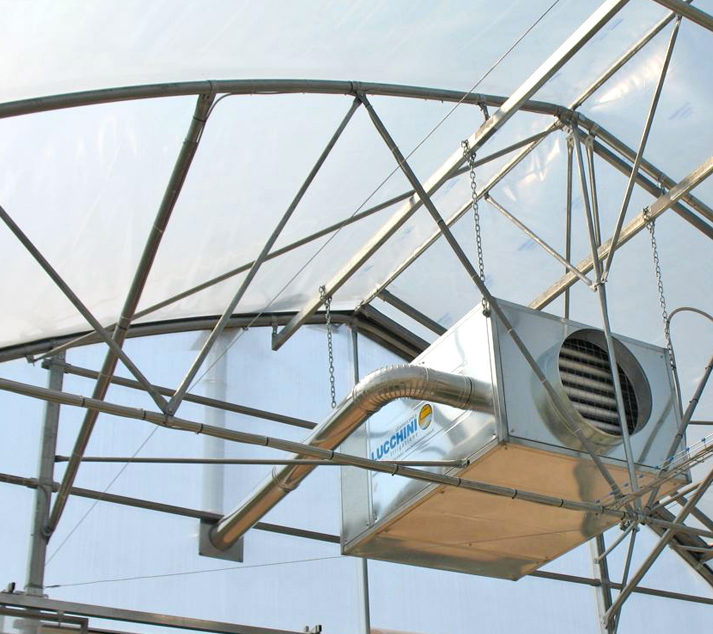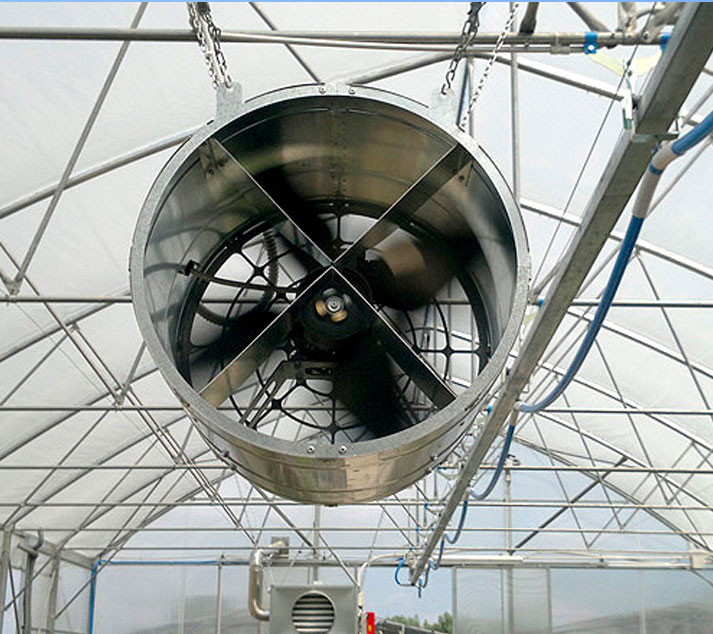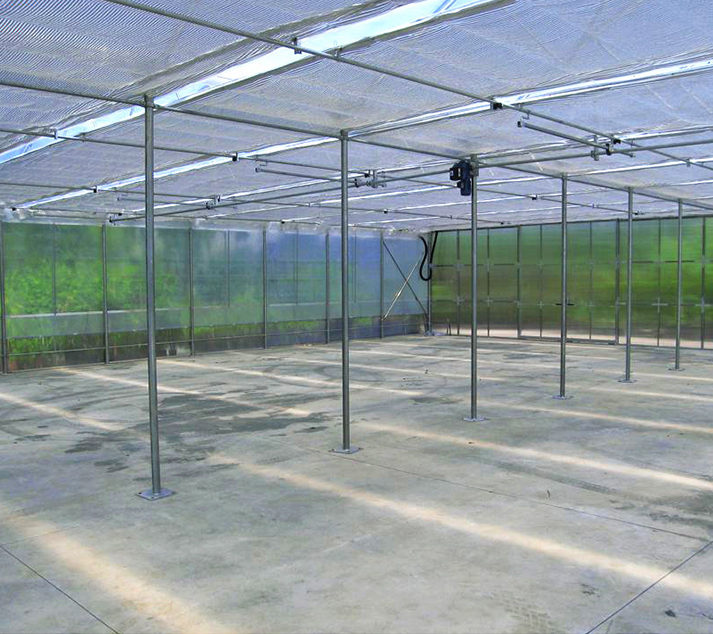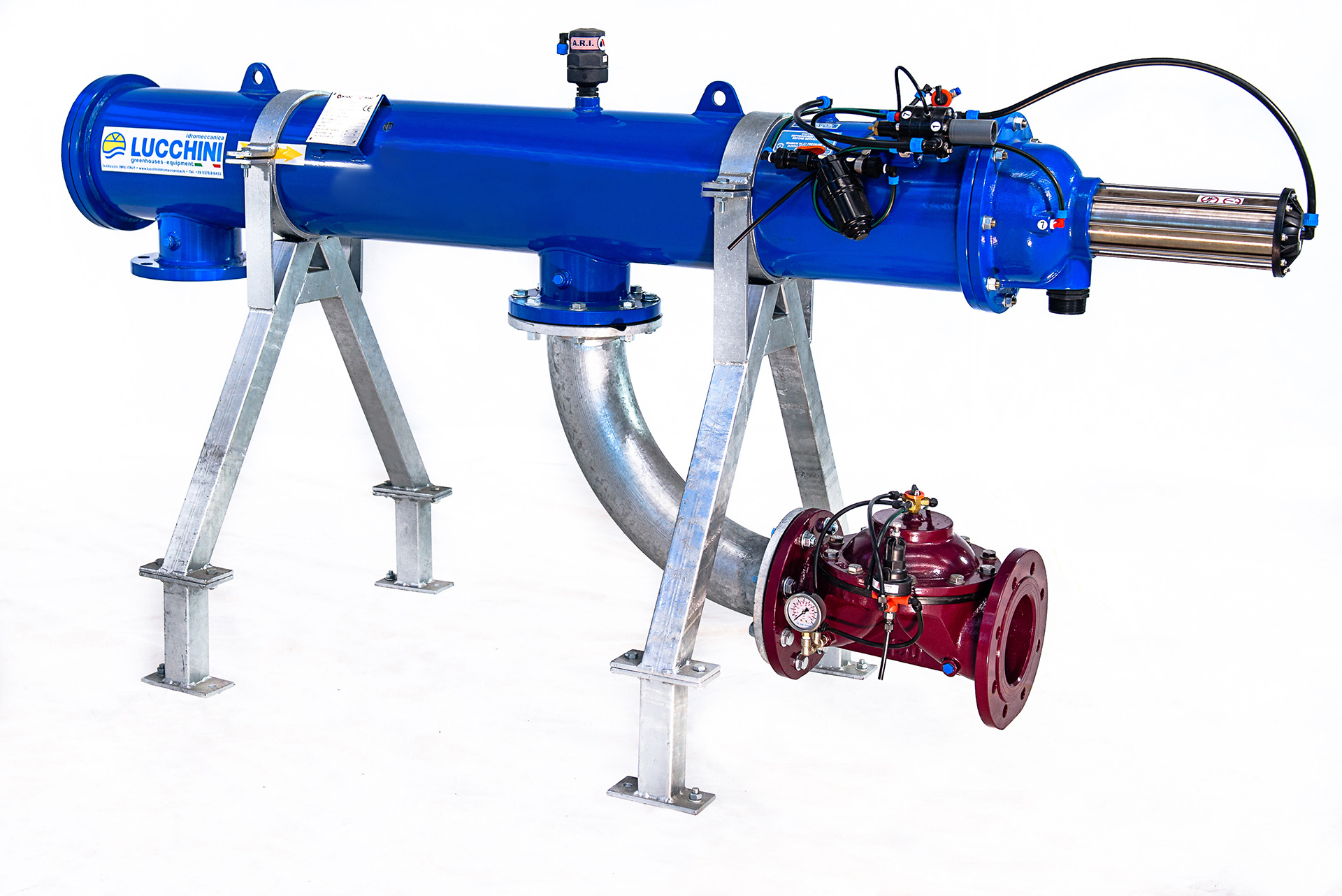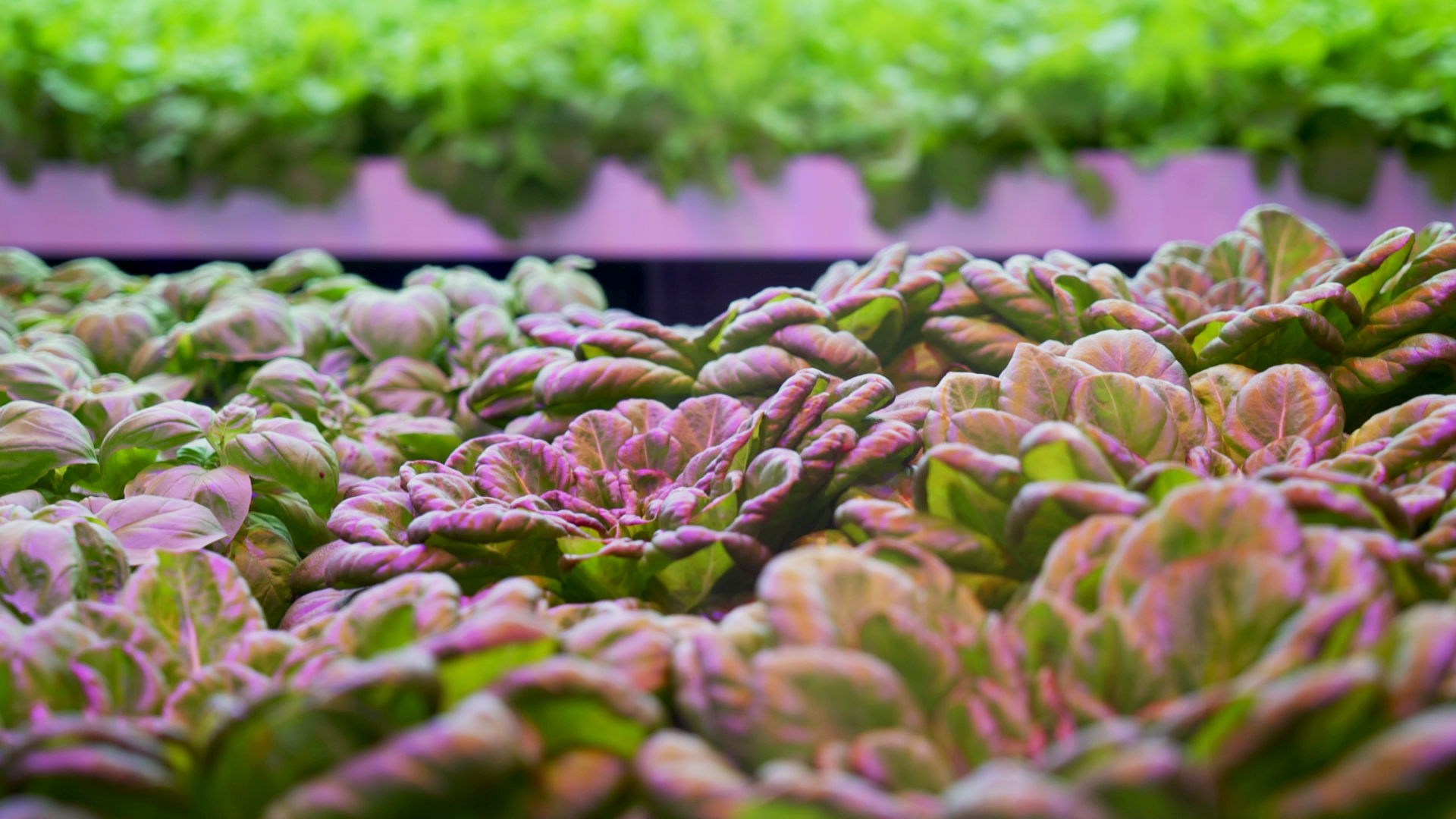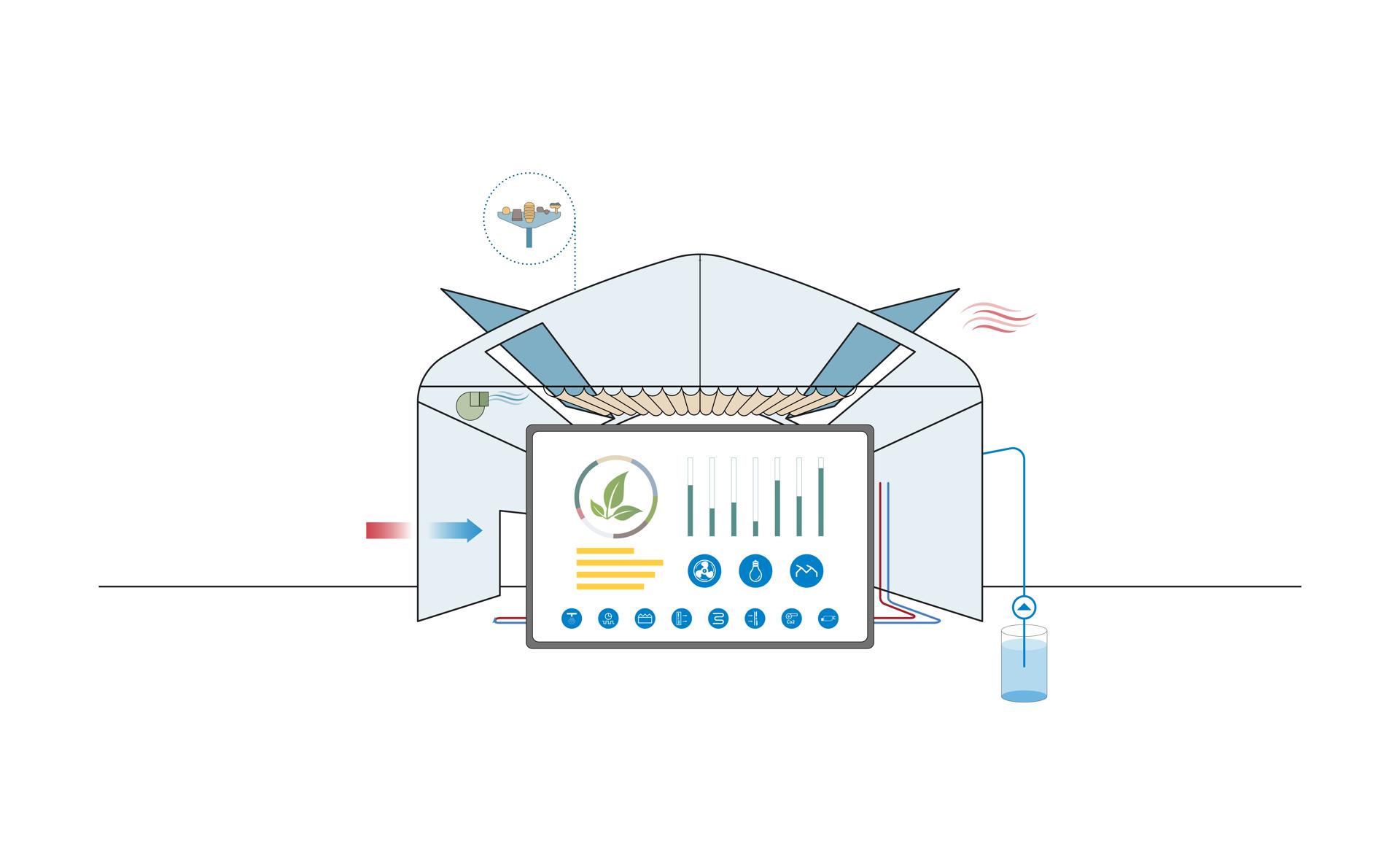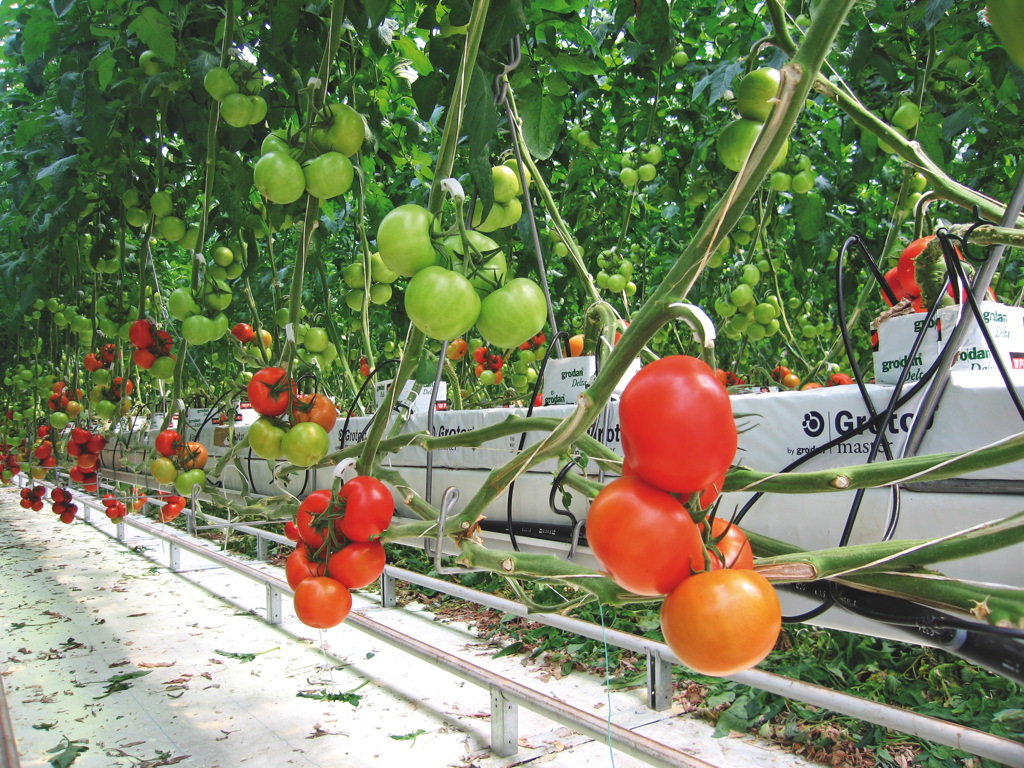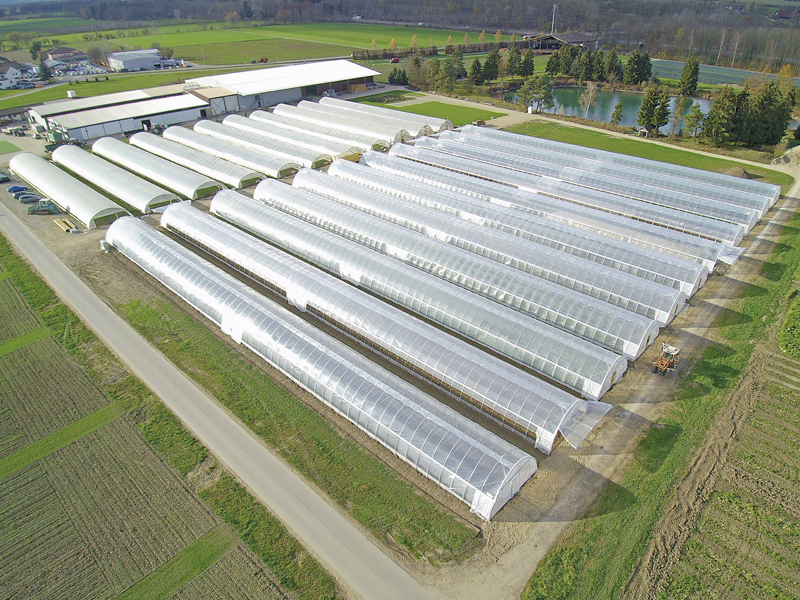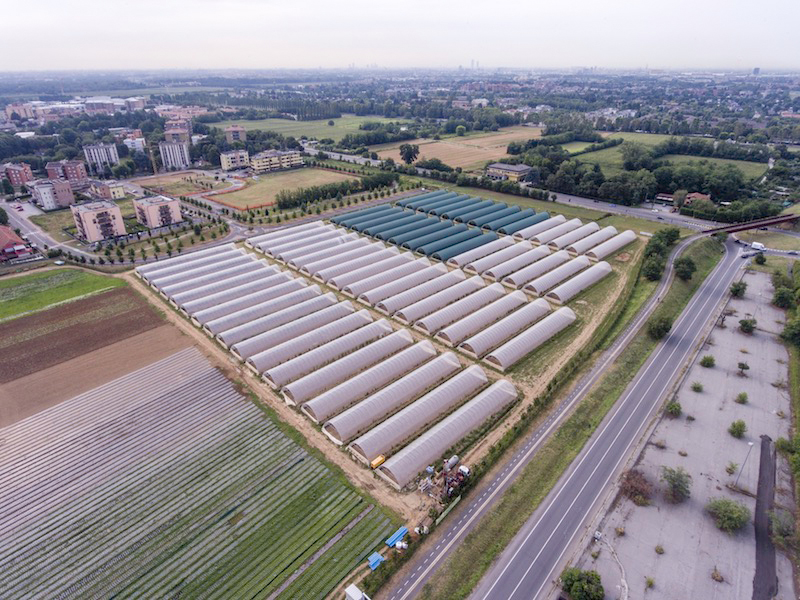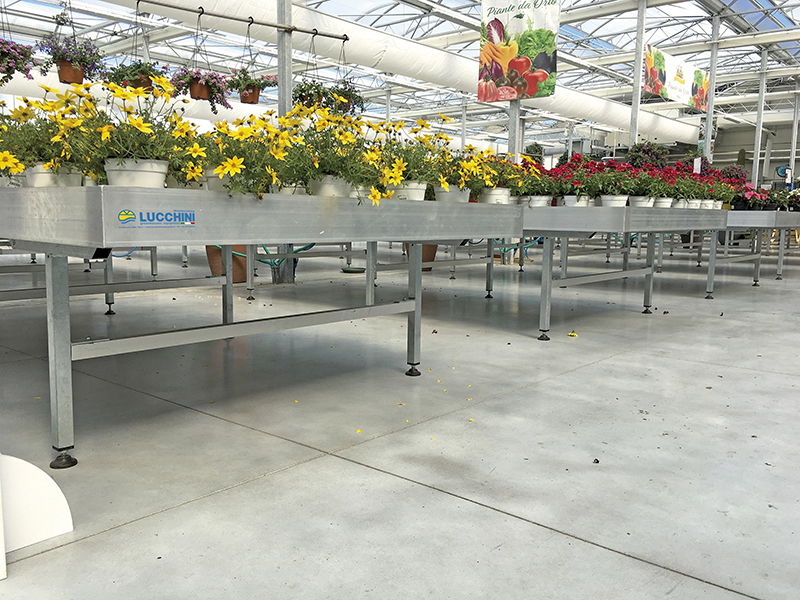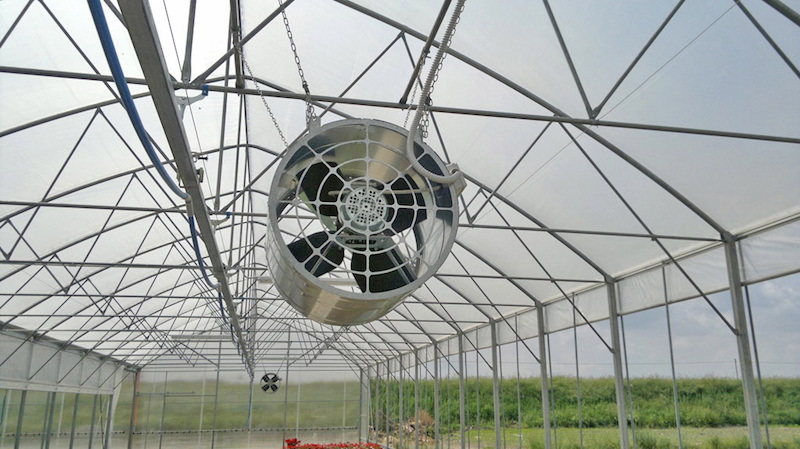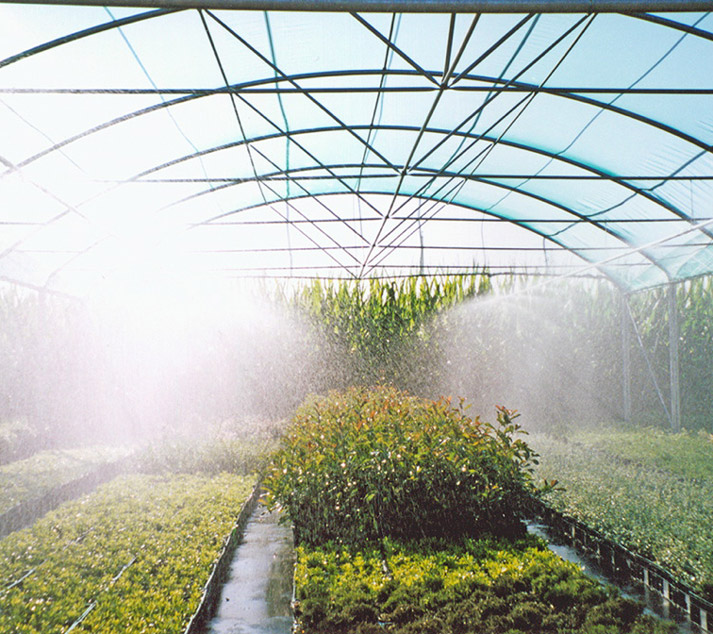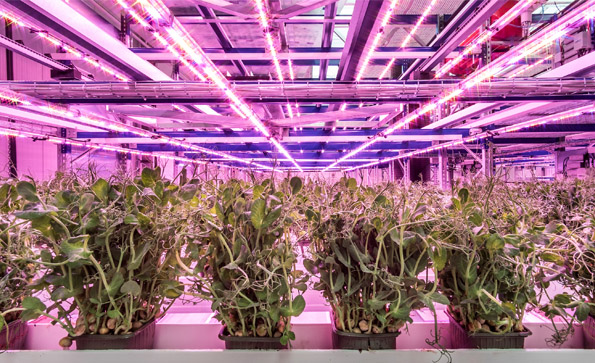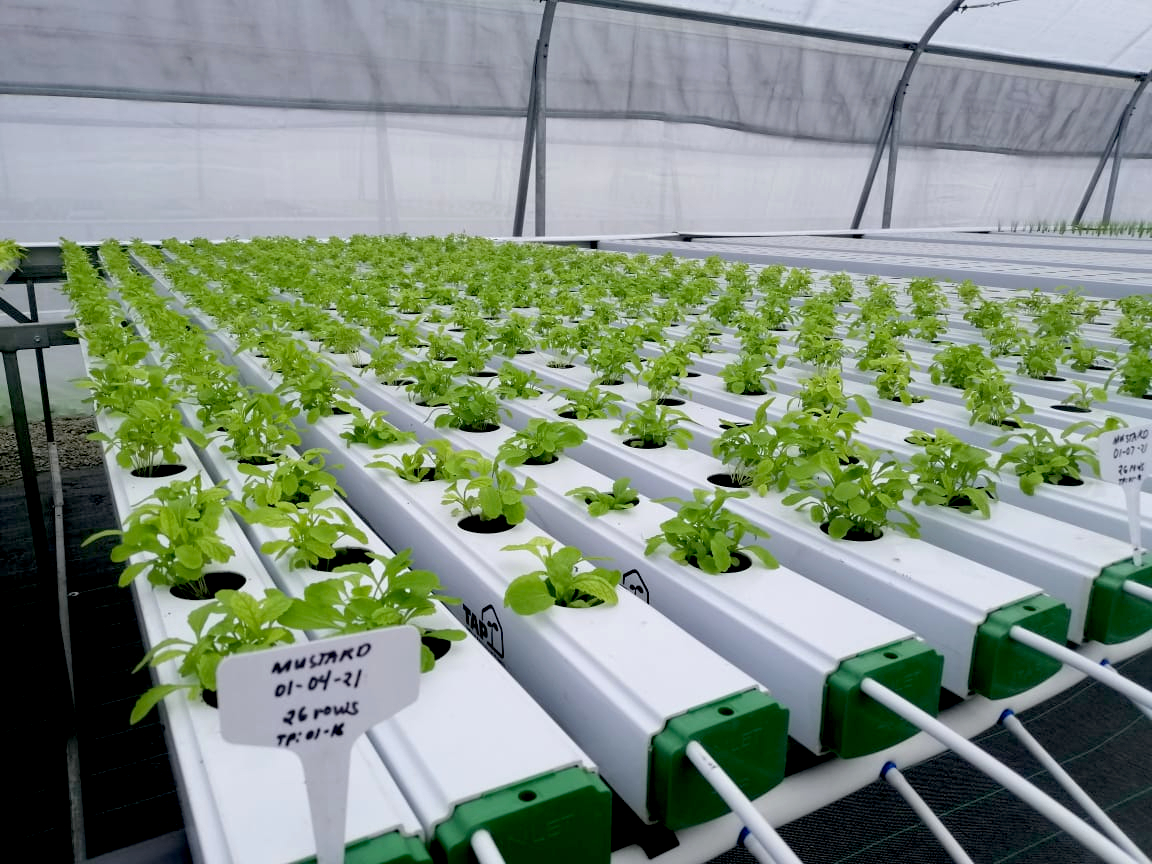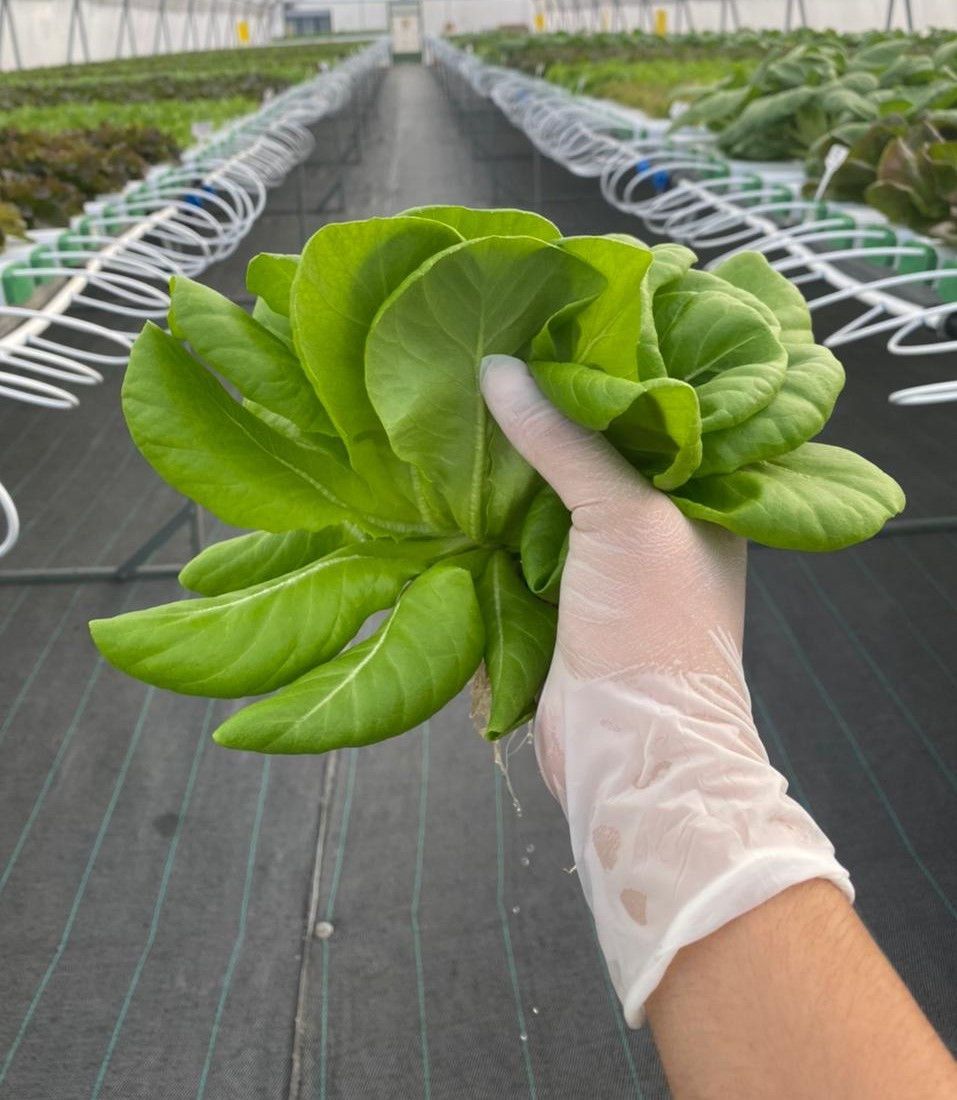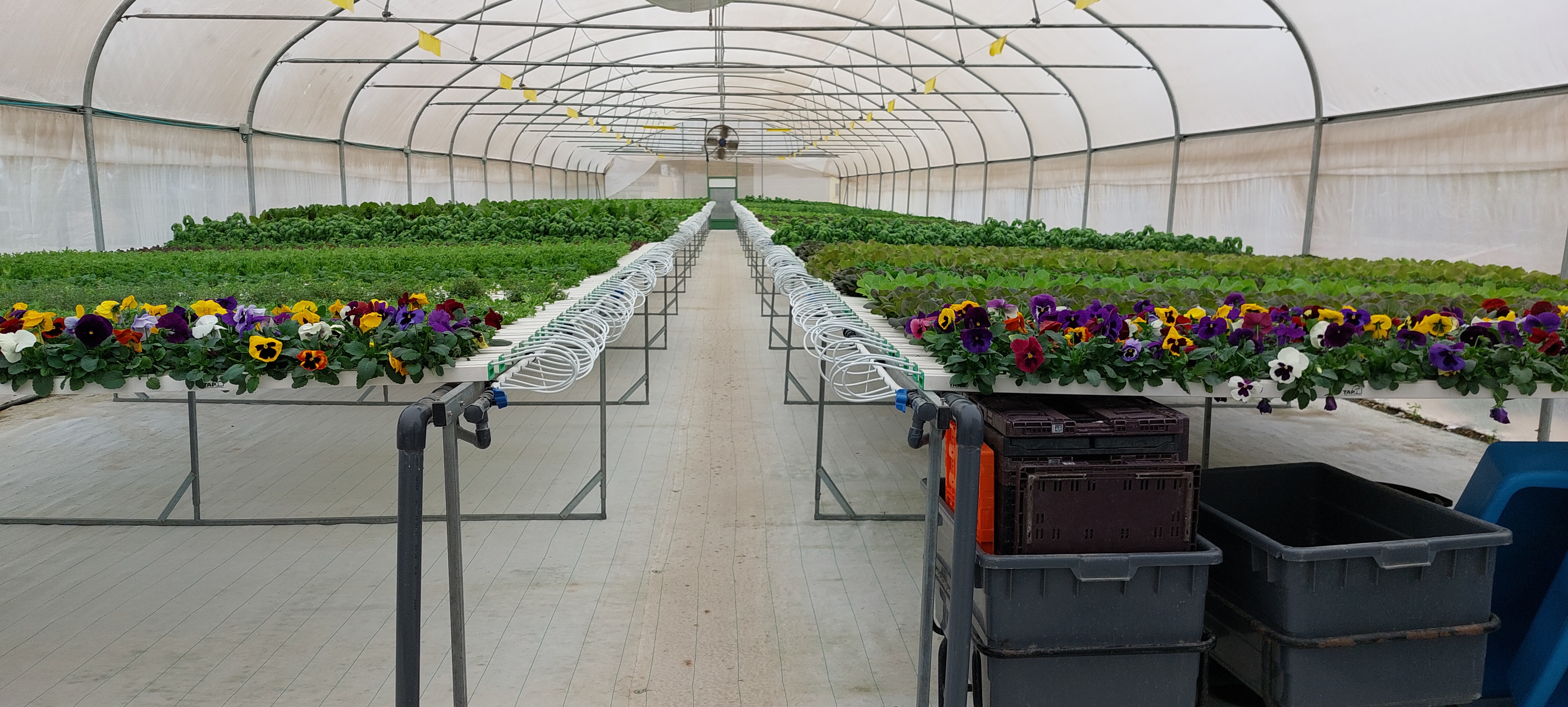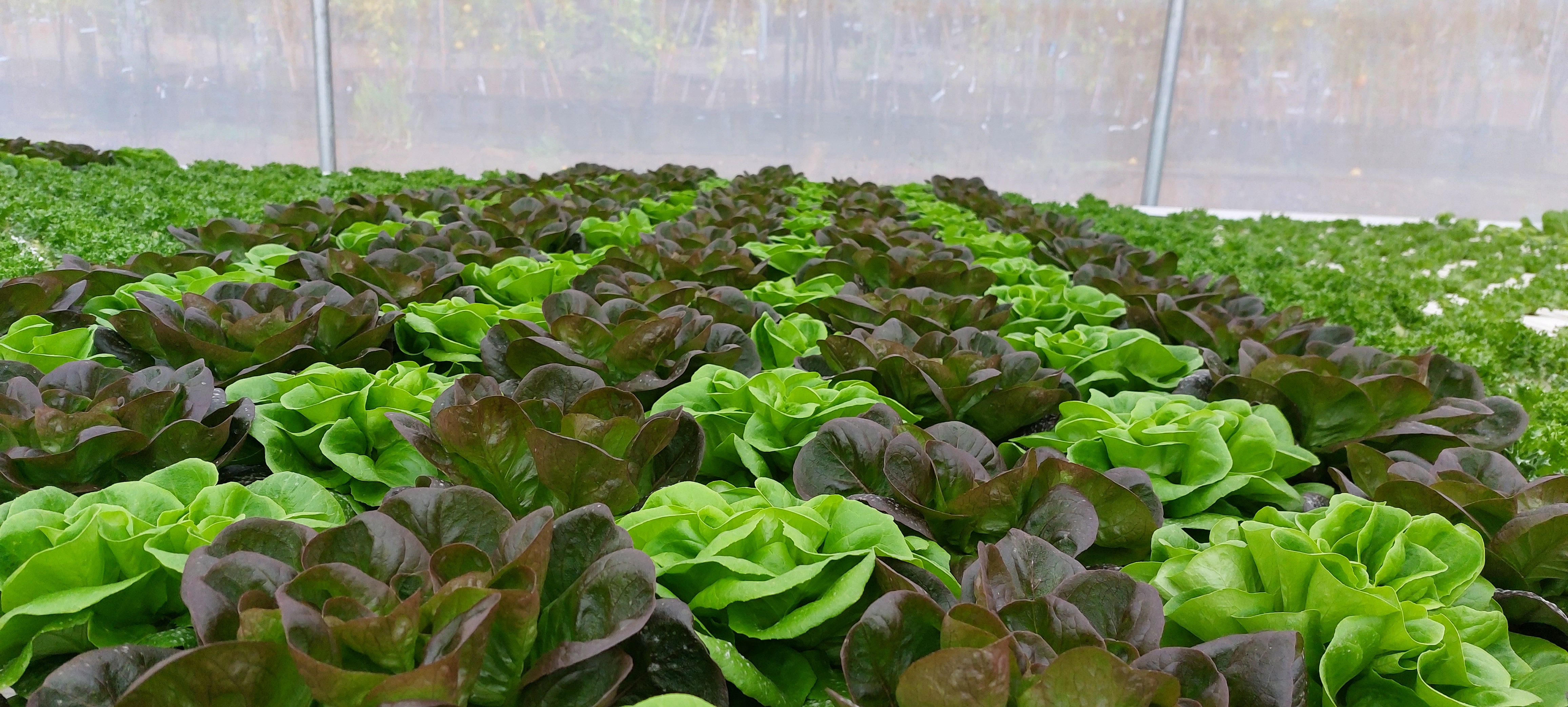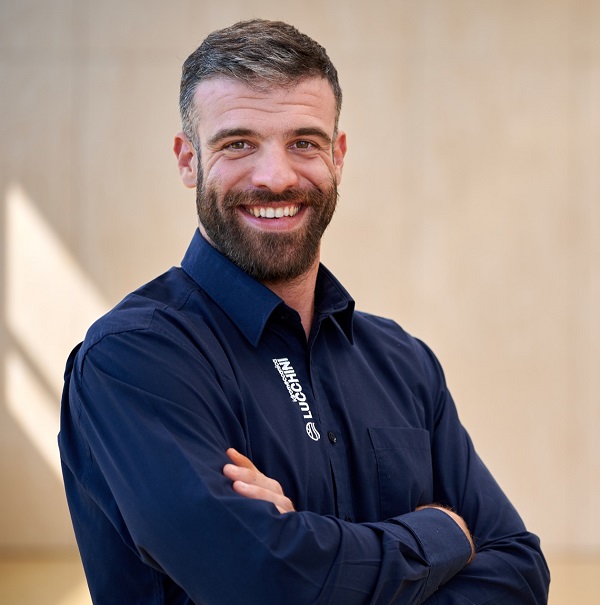Matteo Lucchini:
"A
generational change is going on in Italy's horti sector"
Even
though Italy has a long and renowned agriculture tradition, the sector has been
struggling to address the current challenges growers face. Unlike other
European countries beyond the Alps, Italy doesn’t have a particularly high-tech
horti sector, mainly because the climate has historically been very favorable
for many types of crops. Yet, things have started changing recently, with many
parts of the Italian food supply chain getting disrupted because of Covid
initially, and then because of the rising energy and fertilizers prices. More
specifically, with the increasing water crisis in Italy, the whole vegetables
and leafy greens industry is looking for solutions. Hydroponics seem to be the
answer to that question, considering that on average hydroponic systems save up
to 70% of water thanks to recycling systems. The side effect of the reduced
water consumption is also the decrease of fertilizers use.
A
generational change
It
is within this context, that Lucchini partnered up with TAPKIT to support
Italian mid-small size companies to set up their hydroponic business.
Idromeccanica Lucchini has more than 75 years of experience in greenhouse
construction. “Italian growers are set to embrace hydroponic,” says Matteo
Lucchini from Idromeccanica Lucchini. “There’s a generational change going on
in many horti companies in Italy. These new, younger people are more aware of
the climate change-related issues, and they are eager to do whatever it takes
to do things properly.” TAPKIT is in the business of hydroponics since 2000.
"In Israel, water problem was a challenge for farmers for many years, so
we had to adopt water saving systems many years ago" says Uzi Teshuva From
TAPKIT, 2nd generation of farmers family. “When we found out that in addition
to water saving, we also get very high-quality produce, and that the food
safety regulations are easier to keep, on top of having 4-6 times more
production per m2, we understood that this is the future for us”.
The
collaboration between the two companies started a few months ago when they
exported their system to Peru. “The climate over there is similar to Italy, so
it represented the perfect testing ground for our solution.” TAPKIT is a 500sqm
hydroponic system that can produce, for instance, more than 130,000 lettuce
heads or 8 tons of fresh herbs per year. TAPKIT comes equipped with
i-Droponics, a mobile app that guides growers to become proficient in
hydroponic cultivation within 4 months.
Bringing
the change into the supply chain
“Generally
speaking, the Italian economy is largely based on mid-small-sized companies,
and you can see this in agriculture too. There are many big players, of course,
but there are way more smaller companies that serve specific market
niches. Yet, the high upfront cost of
hydroponics has kept growers away from this model, especially considering how
slow the Italian bureaucracy is when it comes to setting up high-tech farms.
With TAPKIT, these growers can finally switch to hydroponics flawlessly, and
greatly improve not only the quality of their products but also the overall
efficiency of their operation.” But TAPKIT is something that can be highly
beneficial to large growers too, because of how quickly these units can be set
up. " We found out that also large-scale growers are looking for these
small units, as it is a cheap way to try hydroponics," says Avner Shohet
from TAPKIT " Some farmers add 3-4 units short time after the installation
of the first units, and others decided to move with us immediately to large
scale greenhouses."
Relying
on a more high-tech infrastructure, growers can better serve the market thus
also positively affecting the supply chain. “A new kind of culture is making
its way into the Italian supply chain,” Matteo continues. “We are not seeing
only younger generations jumping in, but also professionals and investors are
flocking from completely unrelated sectors. If such companies are able to start
up quickly and efficiently, then we get the first building block of the future
of our supply chain. When both the grower and the consumer will finally become
aware and start demanding hydroponically grown high-quality product, then the
whole supply chain will have to adapt itself to the market.”
TAPKIT
is the answer to that, especially because of the ease of use. “You don’t need
to be a top-notch grower to operate these greenhouses. Everything is designed
to be utterly user-friendly, and we also provide growers with a grow recipe
book. Our partners then closely follow up so that everything goes according to
plan. Because we want to keep the cycles lean and quick, TAPKIT mainly focuses
on leafy greens, lettuce, and herbs.”






